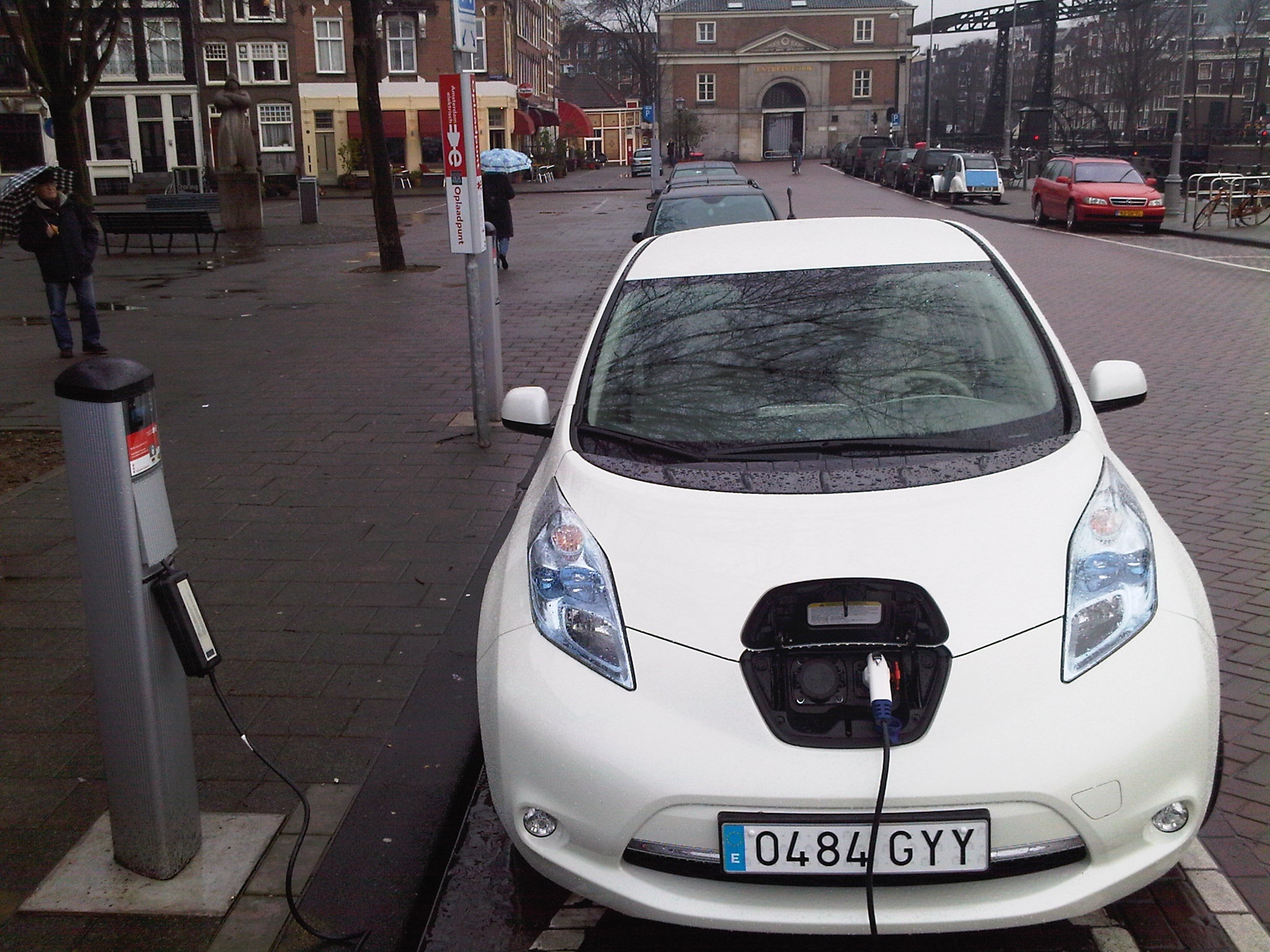New technology may help electric cars charge up quicker


As Americans began to embrace hybrid cars, some experts predicted that all-electric vehicles would eventually rule.
Lately though, that future was starting to appear further and further down a seemingly distant road. Yes, the first fully-electric mass-produced vehicle did finally arrive when the Nissan Leaf rolled off the assembly line back in December. But if you're hoping the car offers the same ease of use and versatility of the typical family sedan, don't hold your breath.
Recharging a Leaf can take up to 20 hours when plugged into a 110/120 volt, 15-amp outlet, according to Nissan's product website. You can get it fully juiced up in eight hours if you find a charging station that offers Level 2 charging. Anyone who's ever delayed leaving the house because their smartphone still needed to be recharged can imagine how inconvenient this can be.
Scientists are aware of the problem. That's why a team of researchers at the Rensselaer Polytechnic Institute in New York are working on a new battery material that would allow for much faster recharging than what's possible with today's battery technology.
“Charging my laptop or cell phone in a few minutes, rather than an hour, sounds pretty good to me,” Nikhil Koratkar, a professor at Rensselaer, said in a statement. “Moreover, this technology could potentially be ramped up to suit the demanding needs of batteries for electric automobiles.”
The trick to faster charges involves the battery's anode structure. This electrode structure inside standard Li-ion batteries literally expands as the battery charges and shrinks when it is being discharged. If the anode experiences these changes too quickly, intense stress can build up, causing the battery to overheat and fail. That's why the batteries in portable gadgets like cell phones and laptops are designed to charge closer to a snail's pace to prevent stress-induced damage.
The new material, dubbed "nanoscoops," has greater structural flexibility and can handle the stress of extremely rapid charging.
However, the material is too lightweight for practical use and the team hopes to figure out a way to scale up the material's mass to where the technology can help power electronics and automobiles.
This post was originally published on Smartplanet.com